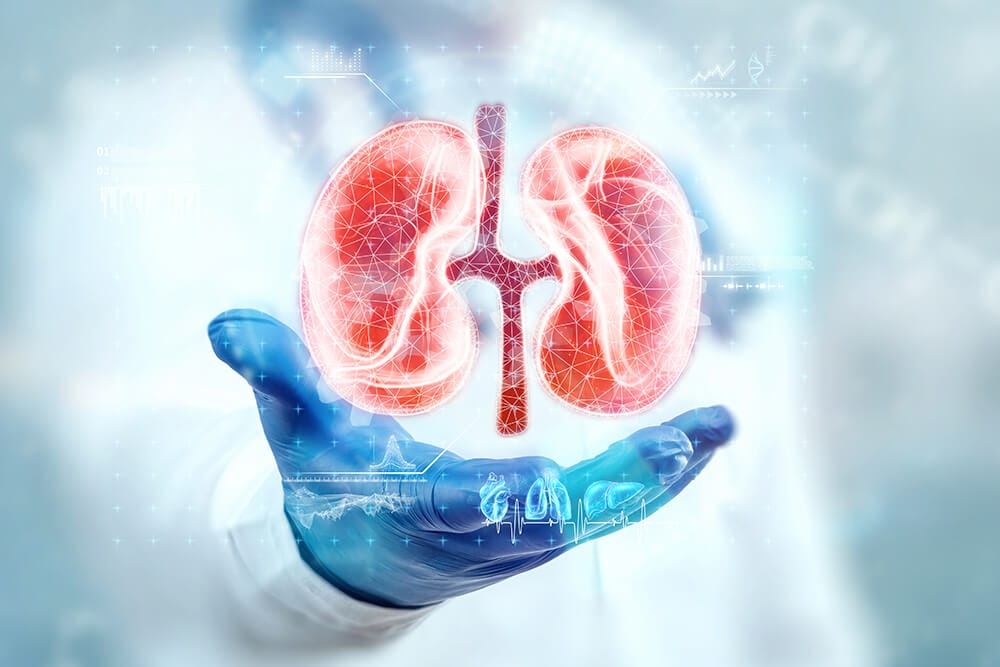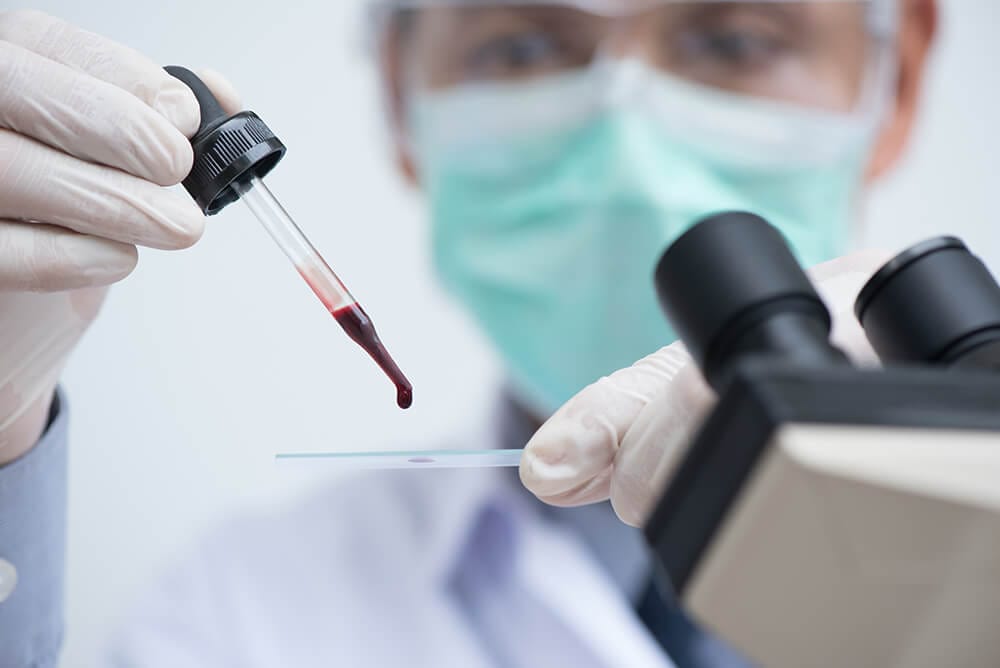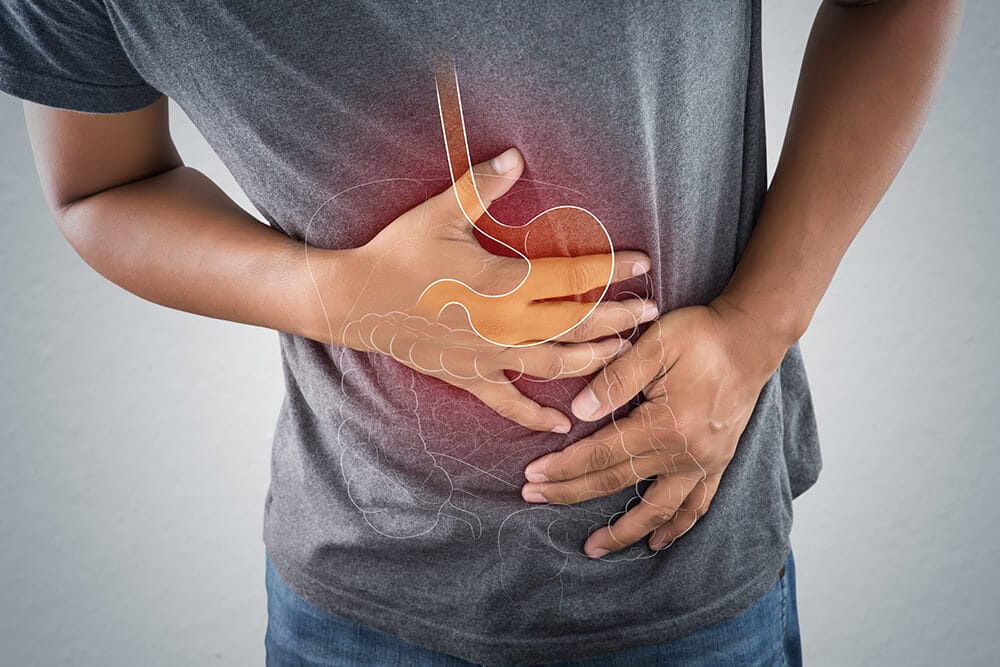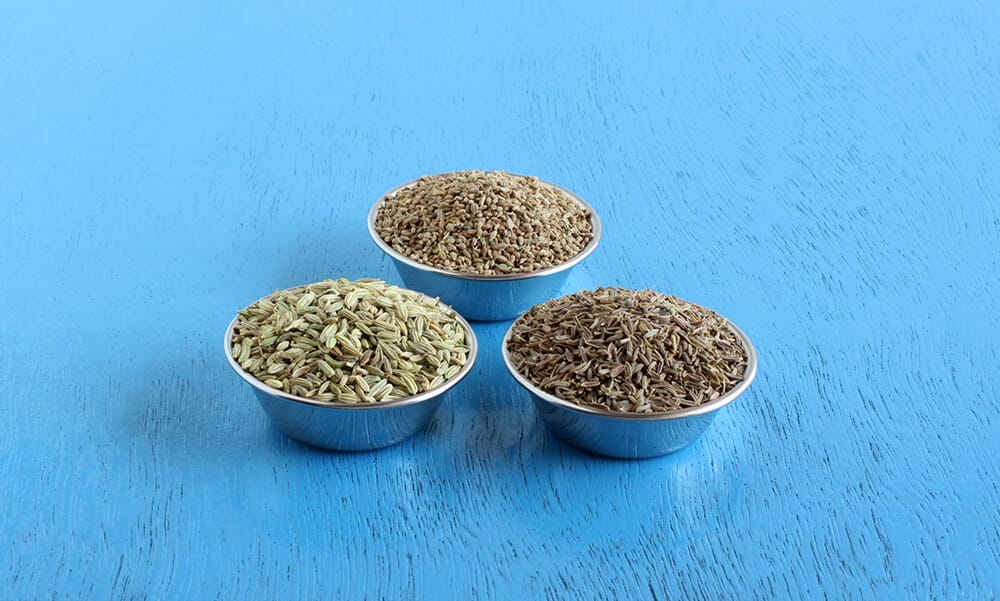
Kidney Health Guide: Effective Tips To Keep Kidney Healthy
Overview on kidney health
The kidneys are essential excretory organs that perform the function of endocrine glands too, as they have those specific tissues. The kidneys are also vital in helping the bone marrow to produce red blood cells, as they form the hormone erythropoietin, which acts as a stimulator for the latter. The importance of the kidneys is often overlooked and when the realization strikes, it becomes too late.
Healthy kidneys are essential for a healthy body. In terms of a holistic approach, the kidneys too have to be cared for in order to restore the balance in the body. People who have contracted kidney disease have to rely on dialysis and face many restrictions in terms of consuming food and doing activities. To answer the question of “how to keep the kidney healthy”, the following steps will act as a guide.
Making healthy food choices
The kidneys are the center of filtration in the body. The majority of the food or beverages consumed that are not required go to the kidneys. The first step towards proper kidney health is ensuring you eat the right food. Prolonged cases of overburdening the kidneys can lead to their damage. What you eat should be carefully cooked and moderation should be maintained.
Diet is not only for people with kidney disorders. Keeping these moderations in place will ensure you do not suffer from kidney disorders. Ideally, you need to avoid excessive consumption of sodium, potassium, and phosphorus. Some of the most beneficial food tips are:
-
- Avoid excessive salt. Rather, use spices like cinnamon and turmeric.
- Cut out excessive sugar consumption, especially processed sugar.
- Opt for fat-free milk or dairy products. Even if you are adding fat to the diet, it’s better to limit the intake to once or twice a week.
- Replace junk food with healthy choices like fruit juice or sambong tea.
- Use whole-grain flour to get fiber in the diet.
Drinking plenty of fluids
Water is the universal coolant and it does wonders for your body. Staying hydrated is one of the best ways to flush out excessive toxins from the system. The kidneys work to filtrate the blood and remove waste products. Drinking at least eight glasses or about 2 liters of water every day will also help you regulate your weight and the other organs too.
Water is not required to be processed by any organ. It simply works as a flushing agent for toxin and sodium build-up. Many natural detox methods promote fasting with water consumption for this very reason. Apart from water, incorporating herbal teas and freshly squeezed fruit juices are healthy alternatives that will help in kidney care and in regulating weight.
Controlling blood sugar
Sugar or glucose is the basic energy currency for every living organism. From plants to animals, glucose is either being produced or consumed. But, excessive blood sugar in the system can, over time, cause damage to the kidneys. While glucose itself in limited amounts is beneficial, having too much blood sugar makes the nephrons work extra hard to filter all the blood. This extra work leads to kidney damage. People with diabetes are always at a risk of developing kidney disorders.
It is advised to cut off processed sugar from the diet. Instead, limited consumption of jaggery is advised to get the daily glucose requirements.
Monitoring blood pressure
High blood pressure, like high blood sugar, damages the kidneys over time. High blood pressure leads to hypertension. This condition causes the blood vessels to become narrower. The nephrons have a very large number of blood capillaries. If these become narrower, there is more pressure on the organ, as constant blood filtration takes place. Over time, these vessels can rupture, leading to internal bleeding.
Obesity, unhealthy food habits, and a stressful lifestyle lead to high blood pressure. While hypertension can also be genetic, keeping it under control and opting for a holistic approach toward balancing life can be achieved. People with high blood pressure are often advised to donate blood. Meditation and intermittent fasting are prescribed to help people monitor their blood pressure.
Avoiding drinking and smoking
The key function of the kidneys is to eliminate waste products from the body. Toxins and waste materials from the food we eat are filtered by the kidneys and passed out as urine. Smoking and alcohol consumption increase the toxin build-up in the body. This places more pressure on the kidneys, as the organ has to work overtime to process and eliminate these waste products.
Smoking causes extensive damage to the blood vessels, as nicotine is known to place the body in a state of high alert. Alcohol affects the electrolyte levels in the body. Most of the functionality of the body relies on various pumps. These pumps are regulated by two electrolytes. An increase or decrease in any one can cause the kidneys to have a disruption in regulation. Hence, when looking for “how to keep the kidney healthy”, it is essential to avoid both these substances.
Exercising regularly
As mentioned above, high blood pressure adversely affects the functioning of the kidneys. Blood sugar and excess stress can be regulated when exercise is added to the daily routine. Working out also increases the body’s need to stay hydrated and helps in opening the skin pores for sweat to filter out, which also removes toxins.
There are various exercises to choose from and there is no rule that only one type of exercise is good for kidney health. Doing aerobics or pilates can increase the heart rate to help the blood flow become better. Yoga and meditation are perfect for de-stressing. Calisthenics is ideal for muscle strengthening and toning. The overall health of the body will also work toward having a properly functioning kidney.
Other effective tips for kidney care
When looking for “how to keep your kidneys healthy”, there are many options to choose from. But, the solution is not only to focus on kidney health – overall health and wellness should also be kept in focus. Some effective tips for maintaining overall kidney health are:
-
- Keep protein intake in moderation
- Reduce the consumption of over-the-counter medications, like painkillers
- Incorporate a balanced diet in life
- Learn to de-stress
- Opt for a healthy life
- Do not put too much pressure on the liver
- Have foods that are a good source of iron
- Reduce caffeine intake
- Opt for routine check-ups
Common kidney diseases
Kidney disorders can affect anyone at any time. Genetics and infection also play a vital role in determining if you will contract kidney disorders or not. Some of the common diseases and disorders are:
-
- Chronic kidney disease caused due to high blood pressure
- Kidney stones caused to due to crystallization of minerals
- Glomerulonephritis due to the inflammation of the glomeruli
- Polycystic kidney disease is a genetic condition
- Urinary tract infections are most common in females and are caused due to bacterial infections
Common kidney tests
Getting tested for proper kidney functioning is a must for people over a certain age. Your kidney health depends on many factors. A rise in kidney diseases also stems from malfunctioning of other organs. Kidney diseases can also be due to genetics or an infection. Opting for routine testing will be beneficial. Some of the common kidney tests are:
-
- Creatinine test
- Urea and BUN test
- GFR test
- Albumin to Creatinine Ratio
- Protein in Urine
Conclusion
The kidneys perform many major functions in the body, from promoting blood production, to removing toxins from the body. Understanding the effects of lifestyle on the kidneys and taking proper preventive care can help you keep chronic kidney diseases at bay. That said, people who already suffer from heart diseases or can genetically contract kidney diseases should always look out for the signs that indicate kidney problems—like, reddish or pink urine, fatigue, pain during urination, or swollen ankles and feet—and opt for routine check-ups.
FAQs
What foods are rich in phosphorus and potassium?
People who are suffering from kidney disorders or are at a high risk of developing these are advised to cut off salt or sodium, potassium, and phosphorus intake from their daily diet. Foods that are rich in potassium are potatoes, bananas, avocados, and broccoli. Foods that are rich in phosphorus are chicken, seafood, seeds of pumpkins and sunflowers, and nuts.
Are there any herbs that can help keep kidney disorders in check?
Research has shown that the herb called punarnava can help regulate kidney health. The addition of punarnava tablets as a supplement to the daily diet can help lower the levels of creatinine and blood urea.
Why are creatinine and urea part of the kidney function test?
The glomerular filtration rate is measured by checking the levels of both creatinine and urea. Having high levels of both of these waste products in the blood indicates kidney failure.
References















